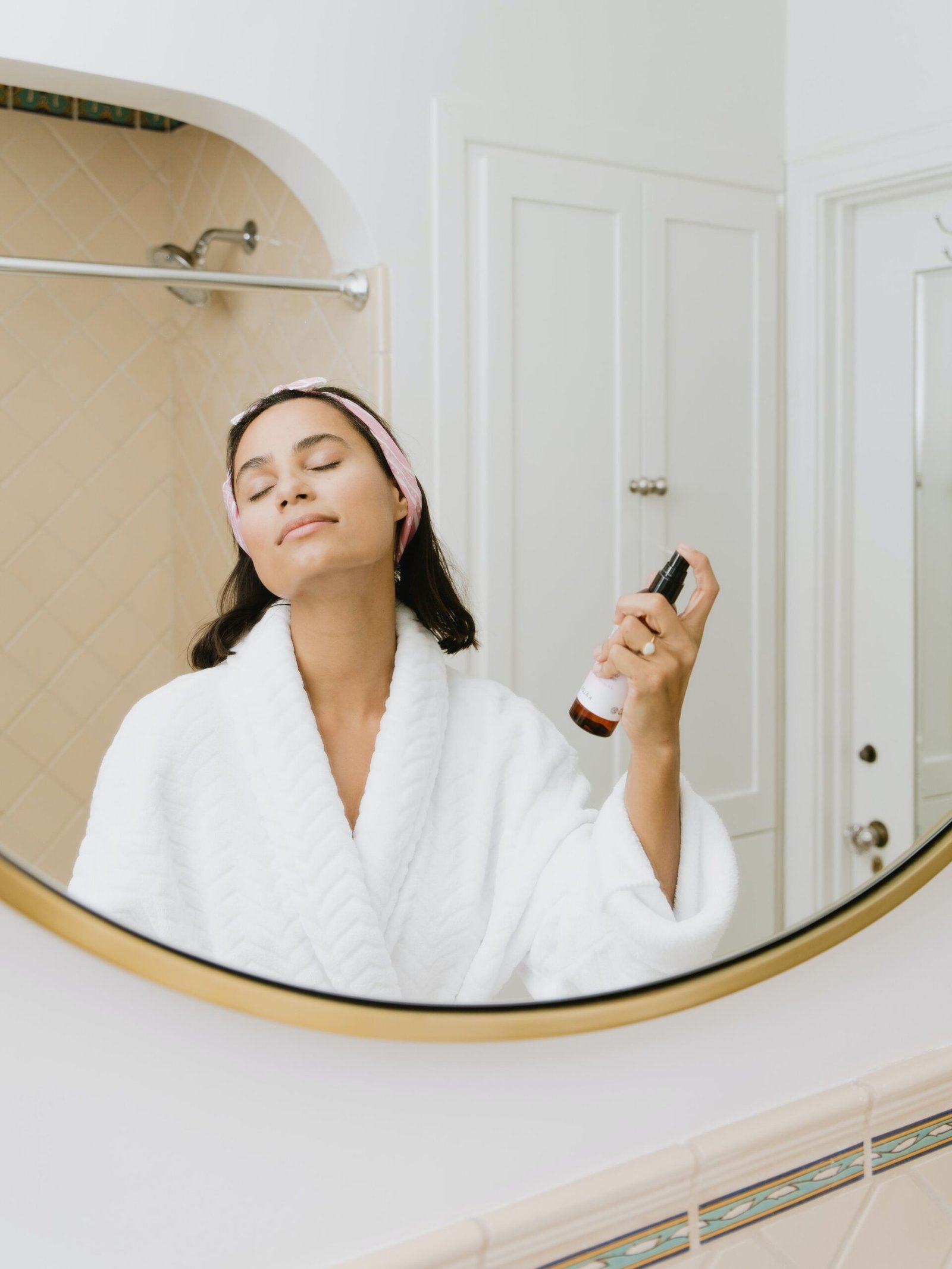Having a skincare routine is essential for maintaining healthy and glowing skin. However, with the abundance of products and information available, it can be overwhelming to figure out what works best for you. In this article, we will guide you through the process in develop a skincare routine that is tailored to your specific needs and preferences.
Understanding Your Skin Type
The first step in developing an effective skincare routine is to understand your skin type. This will help you choose the right products and treatments that address your specific concerns. There are five main skin types:
- Normal: balanced skin with no excessive dryness or oiliness
- Dry: lacks moisture and may feel tight or flaky
- Oily: produces excess sebum, leading to shine and potential breakouts
- Combination: a mix of dry and oily areas, with the T-zone (forehead, nose, and chin) being oilier
- Sensitive: prone to irritation, redness, and reactions to certain ingredients
Once you have identified your skin type, you can choose products that are specifically formulated for your needs.
Cleansing
The foundation of any skincare routine is proper cleansing. Cleansing removes dirt, oil, and impurities from the skin, preventing clogged pores and breakouts. Choose a gentle cleanser that suits your skin type. Avoid harsh soaps or cleansers that strip the skin of its natural oils.
It’s important to cleanse your face twice a day, in the morning and before bed. Use lukewarm water and gently massage the cleanser onto your skin in circular motions. Rinse thoroughly and pat dry with a clean towel.
Toning and Exfoliating
Toning is an additional step that helps balance the skin’s pH levels and prepares it for the next steps in your skincare routine. Look for a toner that is alcohol-free and contains ingredients like witch hazel or rose water.
Exfoliating is also crucial for removing dead skin cells and promoting cell turnover. However, it’s important not to overdo it, as excessive exfoliation can irritate the skin. Choose a gentle exfoliator and use it 1-2 times a week, depending on your skin’s tolerance.
Moisturizing
Regardless of your skin type, moisturizing is a crucial step in any skincare routine. Moisturizers help hydrate the skin and lock in moisture, keeping it soft and supple. Choose a moisturizer that suits your skin type and contains ingredients like hyaluronic acid or ceramides.
Apply moisturizer to clean, dry skin in gentle upward motions. Don’t forget to include your neck and décolletage in your skincare routine.
Sun Protection
Protecting your skin from the sun’s harmful UV rays is essential for maintaining healthy skin and preventing premature aging. Apply a broad-spectrum sunscreen with an SPF of 30 or higher every day, even on cloudy days. Reapply every two hours if you’re spending time outdoors.
Additionally, consider using other forms of sun protection, such as wearing a wide-brimmed hat or seeking shade during peak sun hours.
Targeted Treatments
If you have specific skin concerns, such as acne, hyperpigmentation, or fine lines, you may want to incorporate targeted treatments into your skincare routine. These can include serums, masks, or spot treatments that address your specific needs.
When choosing targeted treatments, look for ingredients like retinol, vitamin C, or niacinamide, which have been proven to be effective in addressing various skin concerns.
Listen to Your Skin
Lastly, it’s important to listen to your skin and adjust your skincare routine accordingly. Pay attention to how your skin reacts to different products and treatments. If something is causing irritation or breakouts, discontinue use and try something else.
Developing a skincare routine that works for you may require some trial and error. Be patient and give your skin time to adjust to new products. Remember, consistency is key when it comes to skincare.
By following these steps and customizing your skincare routine to your specific needs, you can achieve healthy, radiant skin that you can feel confident in.
Remember, skincare is a personal journey, and what works for one person may not work for another. It’s important to consult with a dermatologist or skincare professional if you have any specific concerns or conditions.







[…] role in achieving and maintaining optimal skin health. In this guide, we explore the question: How often should you moisturize your body? Discover effective practices and insights to strike the right balance and keep your skin […]